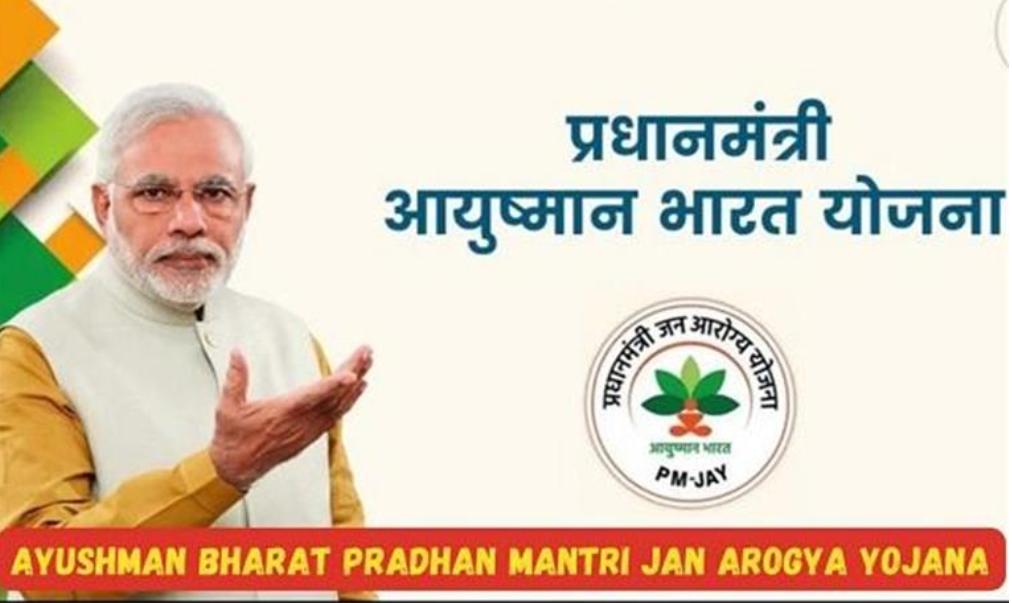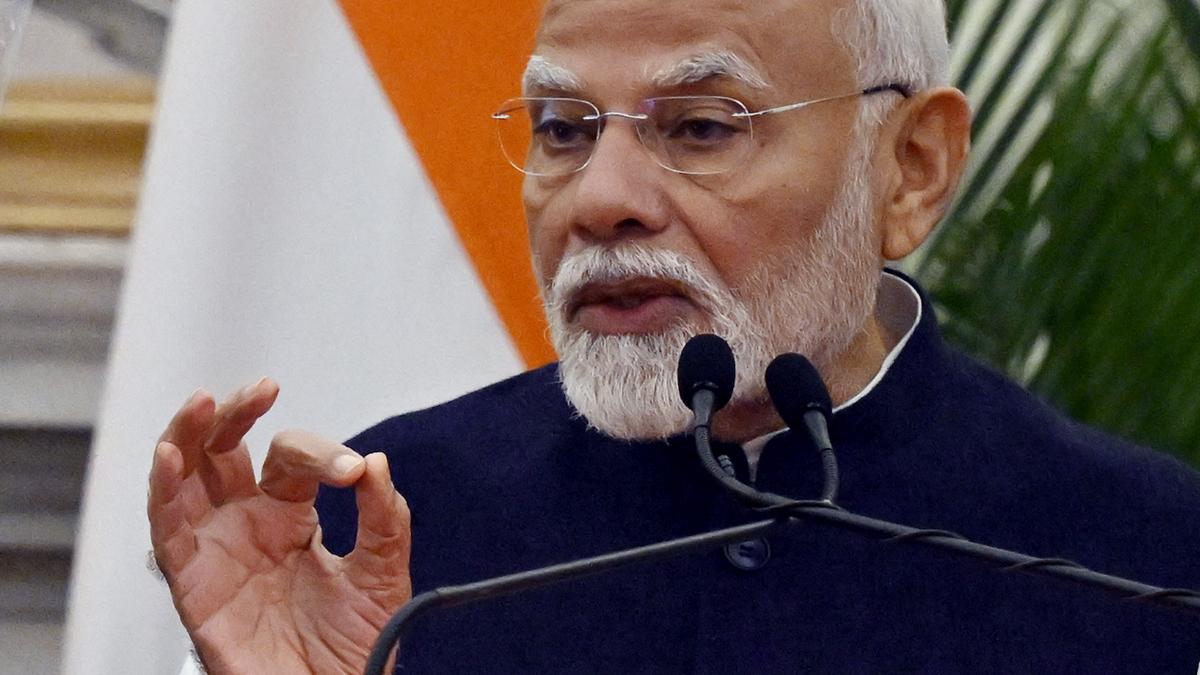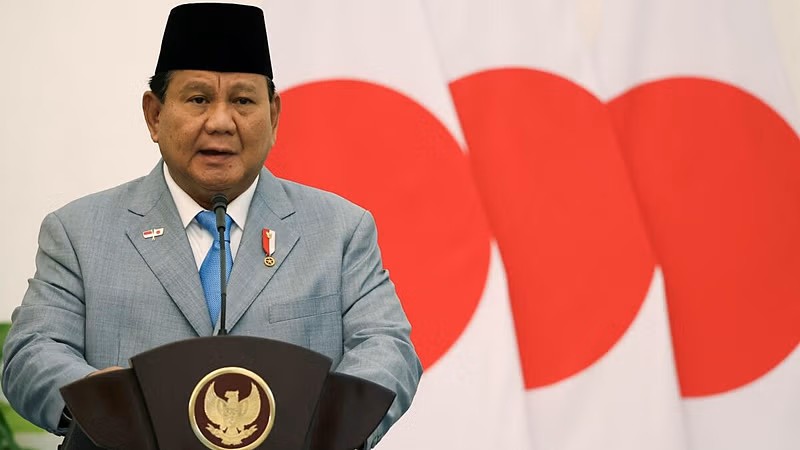In a recent statement, Prime Minister Narendra Modi voiced strong criticism against the Delhi and West Bengal governments, accusing them of not implementing the Ayushman Bharat scheme due to “political interests.” The Prime Minister’s comments have reignited the ongoing debate surrounding one of India’s flagship health programs, aimed at providing affordable healthcare to millions.
Ayushman Bharat, launched in 2018, is known as the Pradhan Mantri Jan Arogya Yojana (PMJAY) and is considered one of the world’s largest health insurance schemes. The initiative was designed to cover hospital expenses for vulnerable families, allowing them to access treatment without the financial burden. Over the years, it has reportedly benefitted millions across states where it has been implemented, with a special focus on low-income households. But despite its wide reach, not all states have chosen to participate. Delhi and West Bengal have notably refrained, citing various reasons.
According to PM Modi, the reluctance of these two states to adopt Ayushman Bharat stems more from political motivations than practical concerns. He argued that people in these regions are being deprived of accessible healthcare, allegedly due to the state government’s desire to maintain a distinct identity and distance from centrally-sponsored initiatives. “It is unfortunate that in some states, political considerations are prioritized over public welfare,” he said, calling on both Delhi and Bengal to reconsider their stance for the greater good.

Delhi’s government, led by the Aam Aadmi Party (AAP), has previously countered these claims, asserting that the state already provides extensive health benefits through its network of Mohalla Clinics and other healthcare programs. They argue that Ayushman Bharat’s benefits overlap with their existing services, and integrating the scheme could lead to duplications, thus reducing efficiency. Similarly, West Bengal’s Chief Minister Mamata Banerjee has expressed concerns over the branding of central schemes, often indicating that the state has adequate healthcare measures in place to support its citizens independently.
Supporters of Ayushman Bharat argue that the scheme’s structure and reach can complement state healthcare efforts rather than compete with them. Many believe that refusing participation limits access to a wider pool of resources and facilities, potentially disadvantaging those in urgent need of medical care. Critics, however, point to the program’s implementation challenges in other states, raising questions about its efficiency and the potential strain it could place on local healthcare systems.
For citizens of Delhi and Bengal, this ongoing political back-and-forth raises concerns over whether healthcare decisions are being made in their best interest. While the two states continue to expand their healthcare infrastructure, many residents question if they are missing out on the benefits that Ayushman Bharat could offer.
The debate over Ayushman Bharat highlights the complex dynamics between central and state governments, particularly in the areas of welfare and public service delivery. As political differences continue to shape policy decisions, the primary stakeholders—the citizens—are left navigating a landscape where access to essential services like healthcare can be caught in the crossfire of larger political battles.
Prime Minister Modi’s recent comments serve as a reminder that healthcare, a matter of life and death for many, is not just a policy but a critical aspect of governance that demands collaboration over competition. For now, the people of Delhi and West Bengal can only hope that their access to quality healthcare will ultimately be prioritized over political interests.




